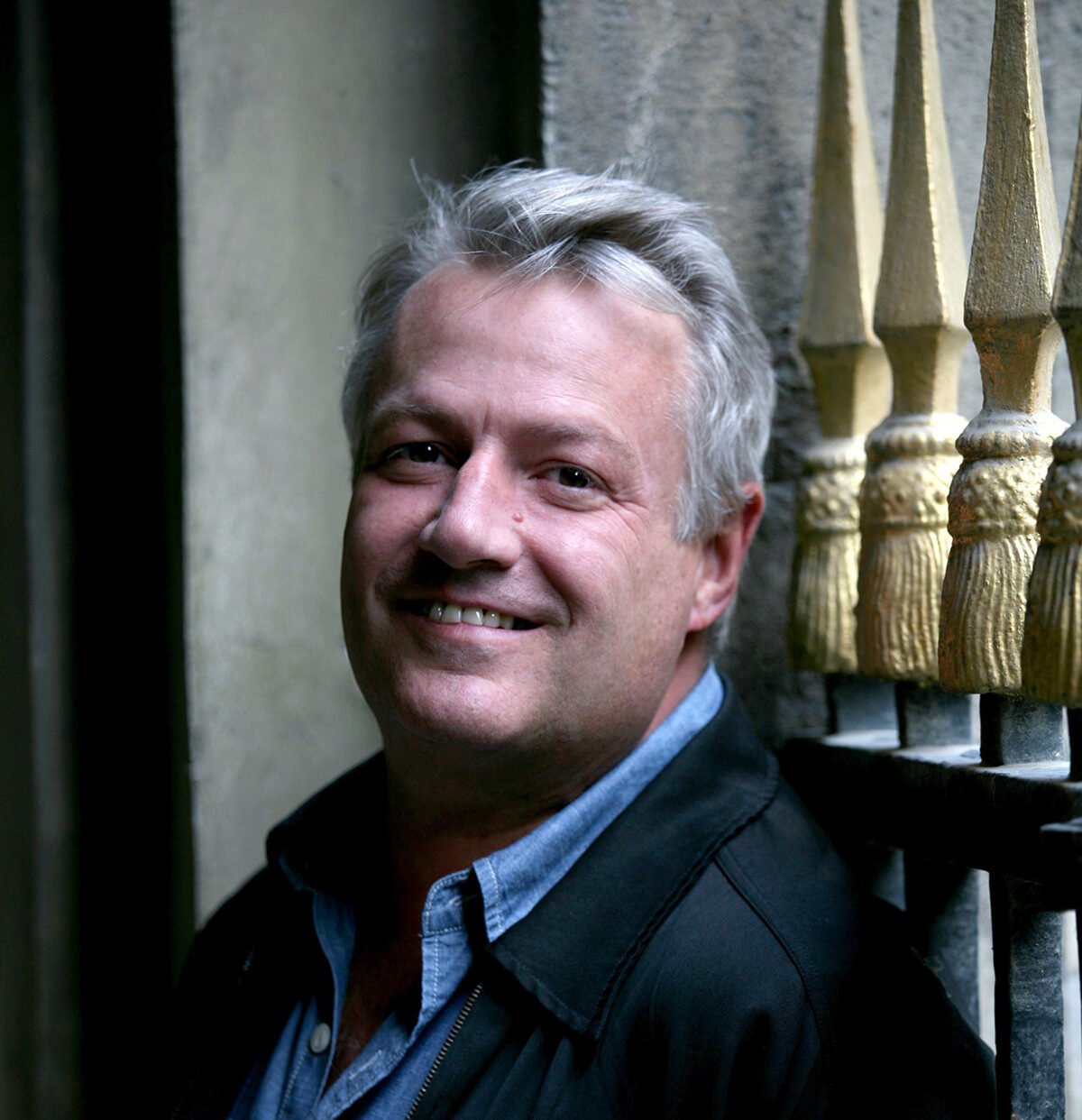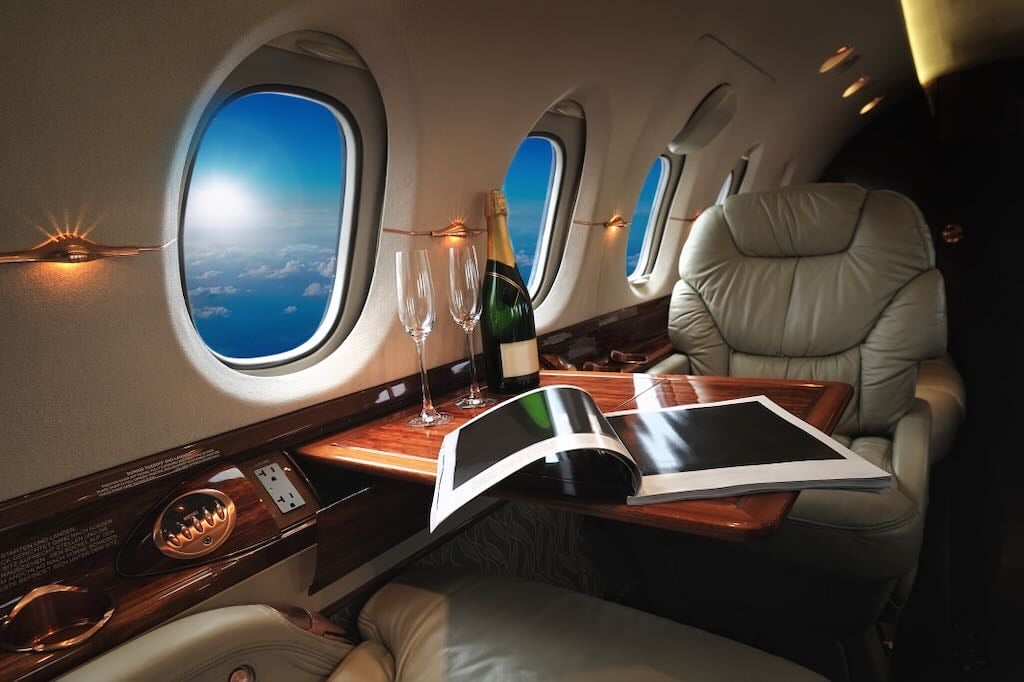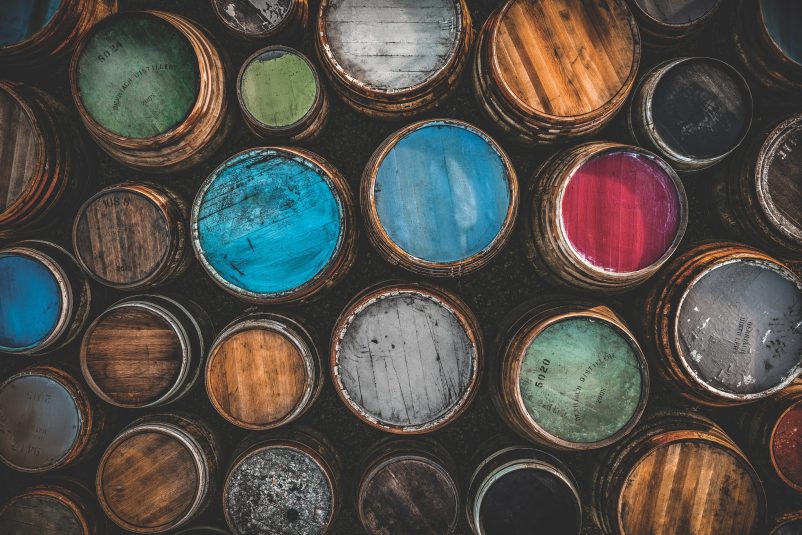For any American even mildly interested in gastronomy, eating, drinking and writing about the experience while living in Paris has to be at the top of their list of imaginary careers. The pantheon of successful ex-pats who have reached this culinary nirvana reads like a who’s who of epicureans. A short list includes M.F.K. Fisher, Julia Child and Patricia Wells. Now, the pen has been passed to Alexander Lobrano.
Alec, an American who moved to Paris in 1986, has been writing about the Parisian food and wine world almost since his arrival. His recent, well-reviewed memoir, My Place at the Table: A Recipe for a Delicious Life in Paris, explains in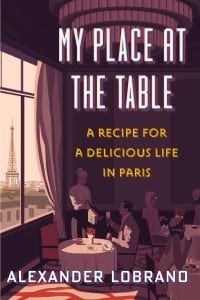 touching detail how this humble boy made a circuitous journey from Connecticut to New York, London and, finally, Paris and ended up writing about food for Gourmet, Bon Appétit, Food & Wine, the Wall Street Journal and the New York Times. For a time, he was the restaurant critic for France’s leading business newspaper, Les Echos, where he was required to write his reviews in French! He’s also the author of two previous books, Hungry for Paris and Hungry for France.
touching detail how this humble boy made a circuitous journey from Connecticut to New York, London and, finally, Paris and ended up writing about food for Gourmet, Bon Appétit, Food & Wine, the Wall Street Journal and the New York Times. For a time, he was the restaurant critic for France’s leading business newspaper, Les Echos, where he was required to write his reviews in French! He’s also the author of two previous books, Hungry for Paris and Hungry for France.

Not surprisingly, his boundaries are no longer Paris as he now opines on food and wine from all over the continent. Solely a food writer and restaurant critic, he neither creates recipes nor teaches cooking classes to culinary tourists. Alec’s frank and occasionally controversial recommendations can make or break chefs and their restaurants.
Beyond the Paris restaurant scene, My Place at the Table is much more than a reflection on food. It’s a coming-of-age memoir, a hilarious career recounting and a touching story of ultimately finding true love with his husband, Bruno.
Having recently returned from Paris, where we dined at some of his suggested restaurant, we were eager to learn more, so Worth asked Alec about current Parisian food trends, specifically the influence of foreign cuisines.
“The French like subtlety; their food is never going to be in your face. Additionally, because of the pandemic, there’s a desire for food to be more straightforward, more comforting—and the French idea of luxury has changed. Take Mauro Colagreco, a chef on the Riviera. His idea of extravagance is not foie gras, but fresh seafood landed by a small boat.”
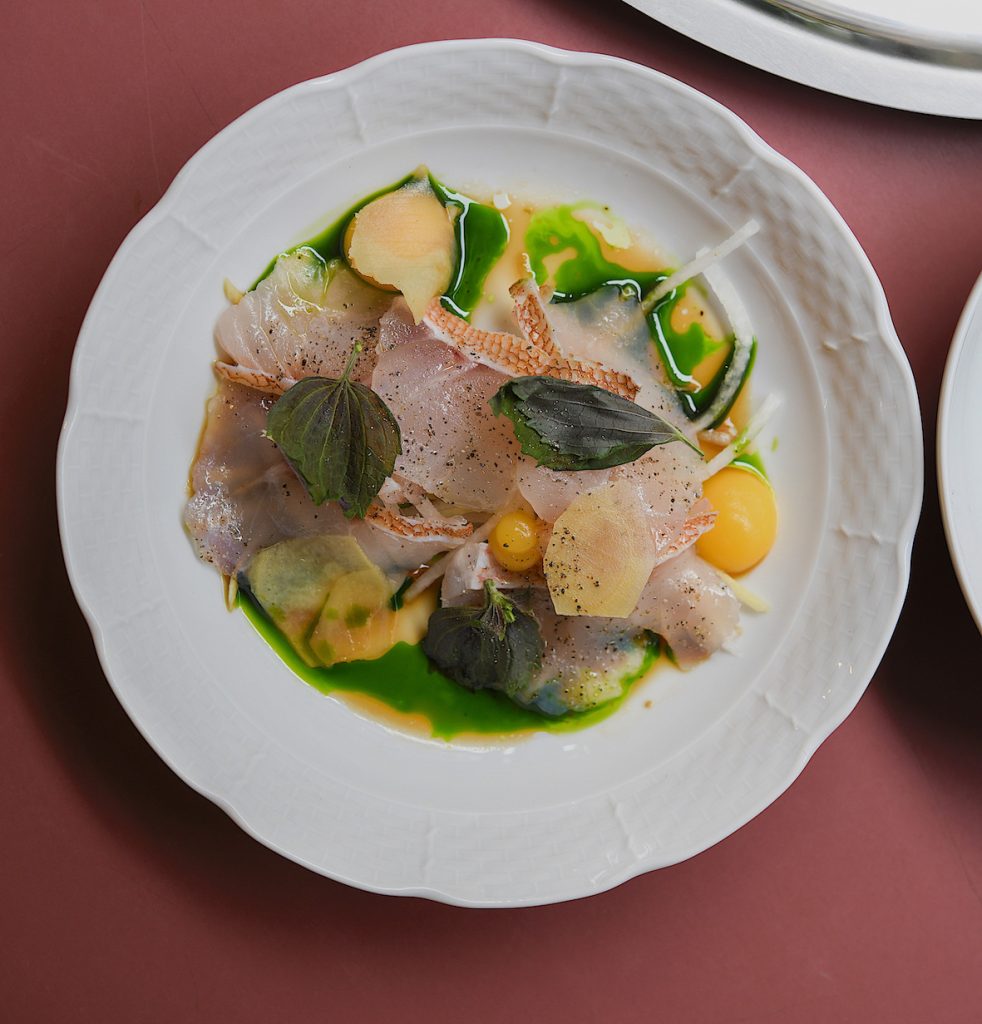
“To understand today’s kitchens, here’s a story not often told. Modern French cooking started in the 1970s with Michel Guérard and his nouvelle cuisine. He took away dairy and fat and replaced them with deeply reduced bouillons and other highly flavored ingredients, like citrus and fresh herbs. But the public rebelled because the portions were too small, and the aesthetics of the plate were fussy and fiddly. Twenty years later, chef Yves Camdeborde’s La Régalade broke the unwritten codes that once separated bistro cooking from haute cuisine with a new kind of upstairs-downstairs cooking, or a mash-up of haute cuisine technique and luxury produce with regional bistro cooking, including dishes like bone marrow with truffles. Everyone wanted to go there, young and old. Previously, the baby had been thrown out with the nouvelle bathwater. It was time to reimplement the good ideas of la nouvelle cuisine—and there were many, in the context of a new idiom of cooking.”

According to Alec, this coincided with the arrival of a fresh generation of food and restaurant critics…of which he was a leading voice. “The young critics enthusiastically supported the new trends; they were an idol-smashing generation. The news quickly spread, and the world learned the French had a culinary revolution on their plates. After the deprivation of WWII came 30 years of gorging. Then, they were ready for new ideas. It was time to throw out tired recipes and replace them with innovative preparations.”
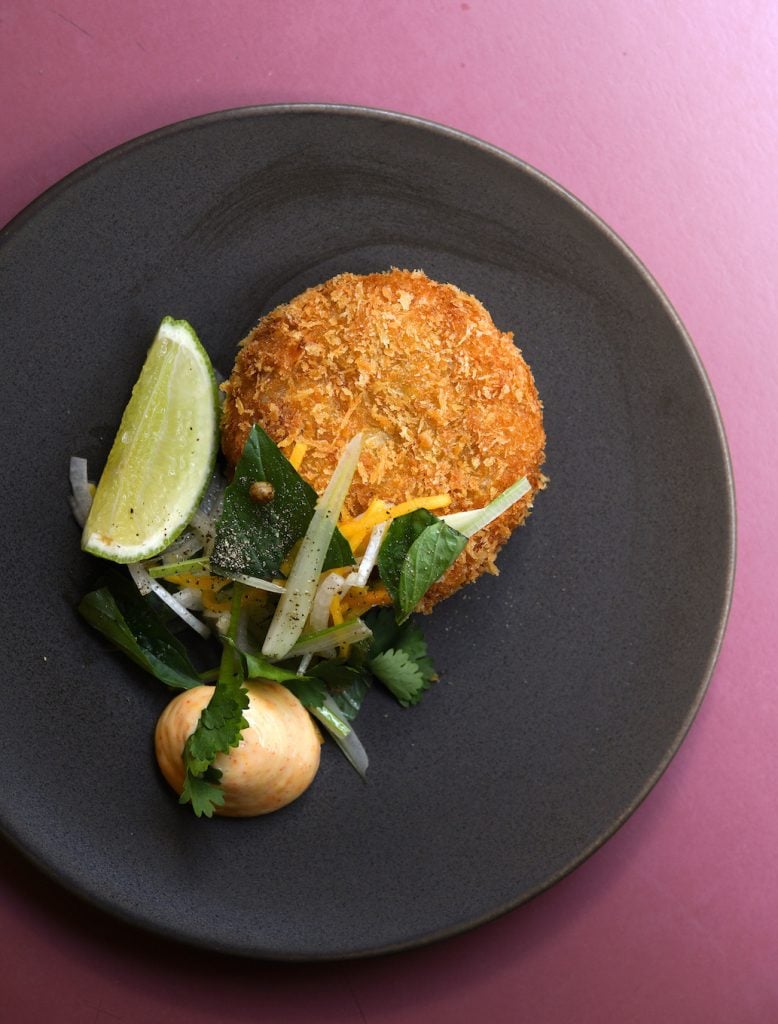
“The explosion of travel and the younger generation’s wanderlust combined with Instagram means everyone knows what’s on everyone else’s plate,” Alec elaborated. “Remember, the French are immensely proud of their food and their level of gastronomic literacy is very high. School children memorize maps with regional cheeses, but now, they are open to the flavors and preparations of other countries as long as it is of high quality.”
As a food critic steeped in French cuisine, how does he feel reviewing the food of other cultures? With humor he responded, “I grew up with a cultural appropriator, my mother. She cooked us dinners inspired by recipes from all over the world, which she mostly gleaned from magazines like Woman’s Day and Family Circle. Seriously, if you understand flavors and preparation, you will know, for example, if a Vietnamese dish is well prepared.” Happily, Alec thinks the foreign restaurants in Paris are now excellent, something that was not the case when he arrived.
Taking out his crystal ball in response to Worth’s question about the future of French cuisine, Alec was surprisingly precise. “Menus will shrink and become simplified; more will be cooked to order. The relationship between the front and back of the house will continue to be closer, more intimate, with more open kitchens. Cultural breakthroughs in the wider world will filter into restaurants; there will be more female sommeliers. Young chefs from Japan, China, Mexico and Australia will continue to come to Paris to learn. They will subtly introduce their native ingredients.”
“All this is to the greater good. Take for example Mory Sacko of Mosuke, who earned his Michelin stars the hard way. He is the talk of Paris, and his fusion influence is enormous. Good luck getting a reservation.”
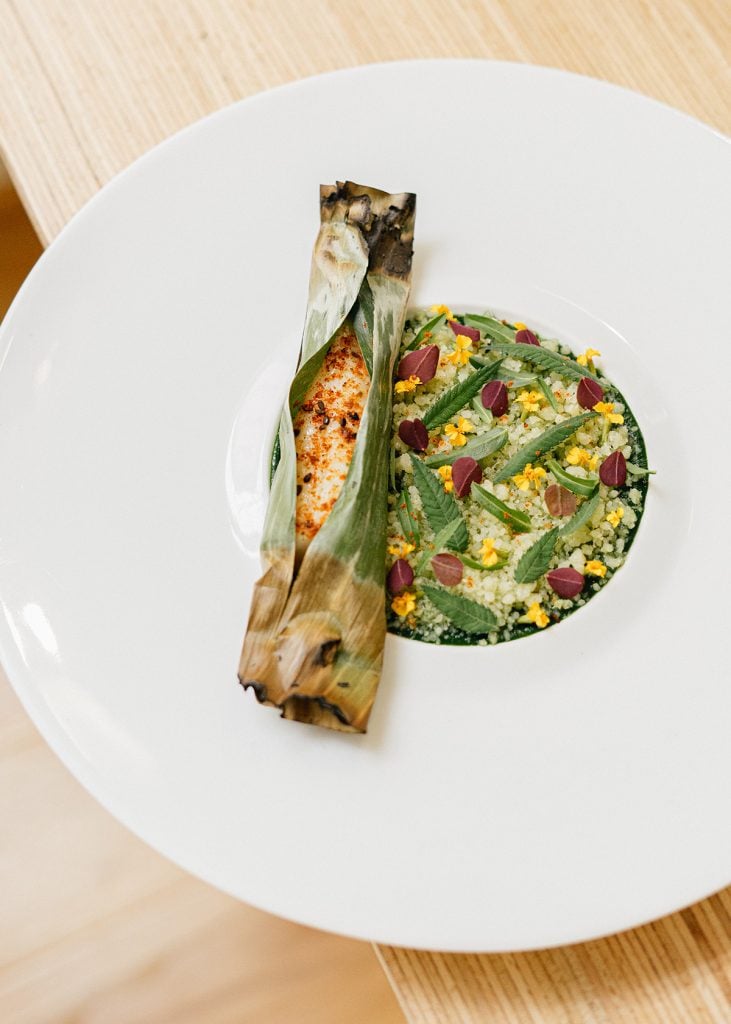
“Rest assured, there will be more chefs from all over the globe, drawn to the eternal allure of Paris and its kitchens,” he continued. “They will bring a synergy between their native ingredients and French techniques.” Thus, Paris will continue its long reign as the ultimate food city in the Western world. “Paris cherishes tradition, but prizes intelligent innovation,” he said. “Today, more cosmopolitan than it’s ever been before, it welcomes the recipes, foods and chefs of other cultures and countries.”
Alec Lobrano’s Fusion Recommendations
- Brigade du Tigre, 38 Rue du Faubourg Poissonnière, 75010 Paris, Tel. (33) 01-45-81-51-56
- Cheval d’Or, 21 Rue de la Villette, 75020 Paris, Tel. (33) 09-54-12-21-77
- Le Servan, 32 Rue Saint-Maur, 75011 Paris, Tel. (33) 01-55-28-51-82
- Yam’Tcha, 121 Rue St Honoré, 75001 Paris, Tel. (33) 01-40-26-08-07
- Ze Kitchen Galerie, 4 Rue des Grands Augustins, 75006 Paris, Tel. (33) 01-44-32-00-32

